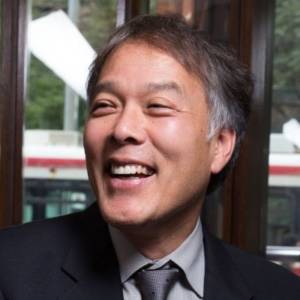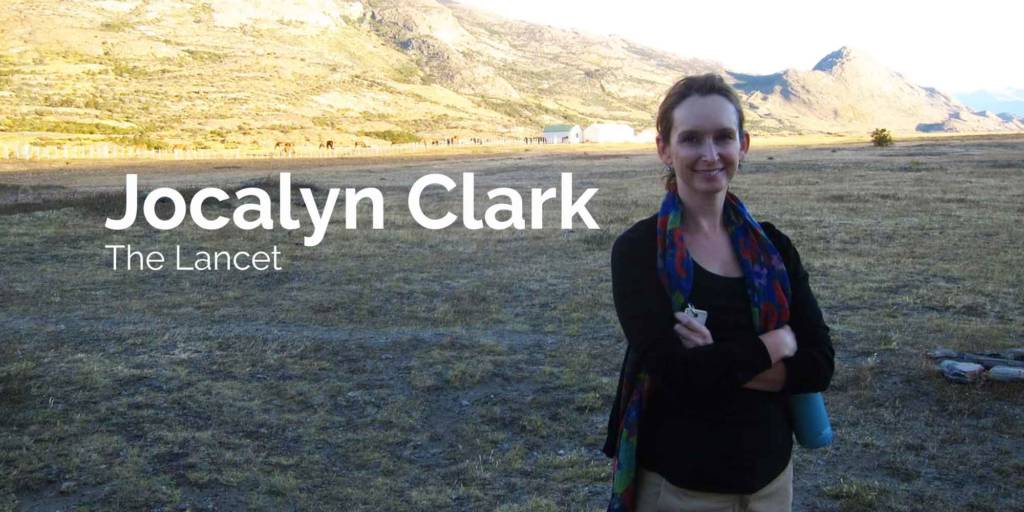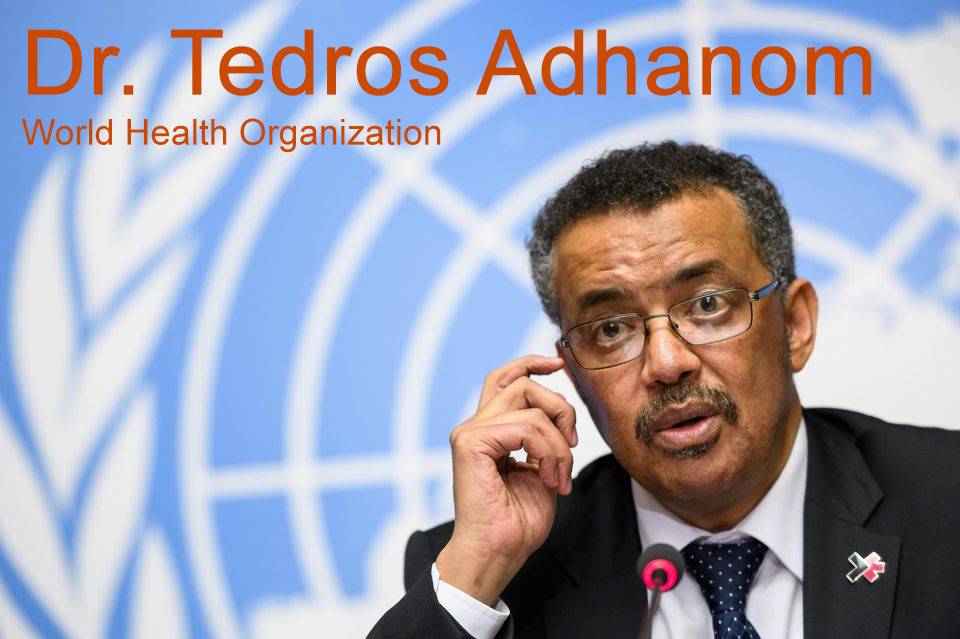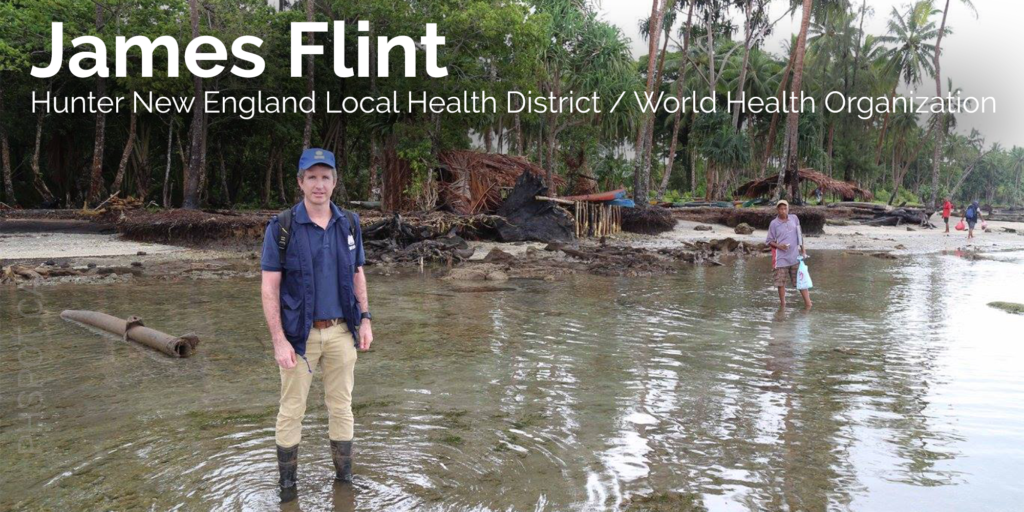As a celebration of one year since launching PH SPOT, we are releasing a blog series titled “Thinking outside of the box: inspiring the next generation of public health professionals”. To view the entire series, click here.
Inspiring the next generation of public health professionals, with Dr. Howard Hu
We are proud and honoured to be featuring Dr. Howard Hu, the Founding Dean of the Dalla Lana School of Public Health at the University of Toronto. Although currently on a sabbatical leave, Dr. Hu graciously agreed to do a Q&A to share his story with PH SPOT in three different categories: personal, thinking outside of the box, and advice/recommendation. Enjoy and be inspired :)
PERSONAL
Have you always wanted to pursue a career in public health? Can you tell us a bit about your journey into this field?
No. I am the son of immigrants from China and my father pushed me to become a physician. In college, I dutifully completed my pre-med requirements although my first love was English literature. I also worked a couple of summers as a torch burner in a ship salvaging yard to make enough money to buy records and books. Little did I know that the pipecovering I was ripping off for much of the day (without wearing any sort of respiratory protection) was asbestos. Four years later, while a first year medical student, I received a letter that had been sent to all the workers in the shipyard inviting me for a physical exam, chest x-ray, and educational session on the dangers of asbestos. I learned not only of its risks for pulmonary asbestosis (a fibrotic lung disease), lung cancer, and mesothelioma (a cancer of the lining of the lungs that remains invariably fatal), but also that the company physician for John Mansville, the largest asbestos company in the US at the time, discovered asbestos causes lung cancer in 1937, following which the company repressed his findings for the next 35 years. This appealed to my growing interest in social justice and persuaded me to learn about occupational health, work with my professors and the Oil Chemical and Atomic Workers Union to conduct an epidemiologic study of bladder cancer in aniline dye workers during the summer between years 1 and 2 of medical school, team up with other similarly-interested medical students to form a medical student Task Force that generated curriculum materials on this area (given the almost complete lack of education in occupational and environmental health in medical school), and take a leave of absence after year 2 of medical school to complete an MPH degree at Harvard. That experience not only gave me a more complete education in public health, but it also allowed me to see how I could combine a career in medicine and public health. The rest of my story is about pursuing that vision.
When you were the Dean of the Dalla Lana School of Public Health, what did a day at work look like for you?
About 60% of my day was spent responding to the day-to-day administrative needs of essentially being the CEO of the School of Public Health—chairing committees responsible for, for example, reviewing the promotion of professors, searching for new faculty members in key areas, strategic planning, budgetary planning, responding to the questions, suggestions, and criticisms of our School community in Town Hall meetings, attending meetings with other Deans with the University President and Provost, etc. Another 60% was spent working with faculty, students, alumni staff, and others on new initiatives—the real fun part of leading a relatively new School of Public Health on a steep trajectory of development and growth—which included, for example, stewarding proposals to create new Institutes (like our Waakebiness-Bryce Institute for Indigenous Health) and Centres (like our new University-wide Centre for Critical Qualitative Health Research); working with faculty leaders to organize our 2014 Global Health Summit; creating a new organization unit in the School, i.e., the Clinical Public Health Division, which, for the first time, offered an intellectual and administrative home for the many clinicians associated with the University of Toronto who were trying to combine scholarship in public health with careers in health care delivery. Finally, for another 20% of my time, I was fortunate to be able to continue life as a researcher through the continued operations of a multinational/multi-institutional team of scientists that I had co-founded in 1993 that conducts longitudinal epidemiologic studies of the environmental, nutritional, social and genetic determinants of child development and risk of chronic disease. Gee, does that add up to 140%? Yeah— it sure felt like a really busy, full day, each day.
What has been the most memorable experience for you as the Dean?
Two years after my arrival, as I was about to get on a podium in front of 350 people to provide welcoming remarks for the opening session of our 2014 Global Health Summit, Paul Dalla Lana, the incredibly smart, young, dynamic businessman whose curiosity and commitment to investing in research and training that would improve health systems and population health led to his donation that named our School, tapped me on the shoulder and asked to chat. Five minutes later, he ascended the podium and made the announcement, based on his satisfaction and delight with the trajectory of the School’s development and directions, that he was going to double his endowment gift. The audience roared. That pledge gift came to fruition last month.
THINKING OUTSIDE OF THE BOX
Reflecting back at your journey into public health, were there specific opportunities or experiences that you look back at today and say “yup, I am glad I did this/these because it opened up a lot of doors for me”?
There were lots of things that opened doors for my career that I could mention, but they are almost entirely the conventional ones that appear when you figure out where you want to go and work hard. The one that I’d like to mention is an unconventional one. In 1988, while working on my epidemiology doctoral thesis research, I was asked by Jonathan Fine, the founder of Physicians for Human Rights, to serve as the environmental health expert on a fact-finding mission to South Korea to investigate whether the military had used a particularly toxic tear gas on students who were demonstrating that summer. I went on that mission and 3 subsequent missions (to investigate chemical weapons attacks against the Kurds, violations of medical neutrality in Burma, the effects of mining on indigenous populations in Guatemala). The work changed my life in the sense that it gave me a deep appreciation of the inextricable role of human rights in addressing injustices that manifest themselves as public health disasters as well as how the skills we learn can be used to defend human rights. I guess you could say it opened the door to a fuller and spiritually more satisfying professional life.
During your time at UofT, you have advanced a number of innovative initiatives in the areas of healthy cities, big data, Indigenous health, health systems, social entrepreneurship, and health inequities to name a few. Based on these experiences, what specific public health problem would you challenge emerging professionals to think about and take action in, given the resources and technological advancements in today’s world? (If possible, please name three specific problems)
(1) Use the enormous and growing power of “Big Data in Health” to address population health needs, particularly as they relate to disadvantaged populations (and not just the priorities of “precision medicine”, which remains focused on individualized treatments, rather than prevention or the needs of vulnerable populations); (2) As you pursue the “Big Data in Health” paradigm, incorporate and harness the insights of social scientists who can help measure and bring into the discussion “upstream” aspects of society that also impact health and that are amenable to change, such as access to education, social disruption, drug treatment programs, incarceration policies, etc..; (3) Consider a career conducting or acting on the results of implementation science, i.e., the science of turning public health research insights into implementable programs that research shows actually work. Not enough of this happening as of yet.
ADVICE/RECOMMENDATIONS
We often receive questions from prospective graduate students around which stream of public health they should focus their studies in, or how to make the most of their 1-4 years in graduate school. What would your advice be to these young professionals?
Listen to both your brain and your heart. But don’t fuss too much—whatever you choose can be utilized, and course adjustments and outright corrections are common in the typical successful public health career.
Throughout your career, you’ve contributed to the field of public health through numerous articles that you have published. In addition to your published work, what other articles and/or books would you recommend to young professionals starting their career in public health?
Publication—and in widely read, high quality journals and other venues—remains the coin of the realm in academia. Such publications also remain the bedrock of scientific evidence on which to build. However, academia is definitely not for everybody, and there are many, many other ways to have an impact. If I were young, for example, I would consider something entrepreneurial—-something that can be proven to be of great public health value, widely accepted, scaled up and even commercialized (but in a way that would fund distribution to those that need the product most but don’t have the resources to buy it).
If you could give one career advice to emerging public health professionals, what would it be?
Balance the quantitative skills you need to acquire with an openness to understand the humanistic element of public health issues and problems. It will lead to a more satisfying career that incorporates compassion with rigor. As one of my mentors said, “public health statistics are human beings with the tears wiped away”.
Wow, what a journey! We hope reading this piece really fired you up, and have inspired you with your career. Let us know what you thought about this piece by leaving a comment below. You can read more from this series here.
And, want to be notified when new blogs are posted? Subscribe to our newsletter!
About Dr. Hu:
 “Dr. Hu came to the University of Toronto in 2012 and is the Founding Dean of the Dalla Lana School of Public Health and Professor of Environmental Health, Epidemiology, Global Health and Medicine. On July 1, 2017 he started a 1-year sabbatical/academic leave, which he is spending in Seattle as a Visiting Scholar at the University of Washington.
“Dr. Hu came to the University of Toronto in 2012 and is the Founding Dean of the Dalla Lana School of Public Health and Professor of Environmental Health, Epidemiology, Global Health and Medicine. On July 1, 2017 he started a 1-year sabbatical/academic leave, which he is spending in Seattle as a Visiting Scholar at the University of Washington.
Dr. Hu is physician-scientist, trained as an internist, occupational and environmental medicine specialist, and epidemiologist. As Dean, he led the Dalla Lana School of Public Health on an accelerated trajectory of growth and development. Notable milestones include the School’s emergence in 2013 as the first new stand-alone Faculty at the University of Toronto in 15 years, its absorption of the University’s Institute for Health Policy, Management & Evaluation in 2014, and the creation of the School’s endowed Institute for Indigenous Health in 2014.
Previously, Dr. Hu had been a tenured Professor and Founding Director and PI of the NIEHS/EPA P01 Center for Children’s Environmental Health and Disease Research at the Harvard School of Public Health and Channing Laboratory of the Brigham & Women’s Hospital in Boston from 1988 to 2006. Dr. Hu was Professor, the NSF International Chair of the Department of Environmental Health Sciences, and the Founding Director and PI of the NIEHS P30 Core Environmental Health Sciences Center at the University of Michigan from 2006-2012. Since 1990, Dr. Hu has led an international team studying the impacts on health of exposure to toxicants using multi-disciplinary and novel methods for assessing environmental exposures, genetics, epigenetics, nutrition, and psychosocial factors in epidemiologic studies of children and adults in the U.S., Mexico, India, China, and elsewhere around the world. Dr. Hu has also led several fact-finding missions for Physicians for Human Rights and Chaired the Research Commission for the International Physicians for the Prevention of Nuclear War (1992-1995).” – From Dr. Hu’s LinkedIn Profile






